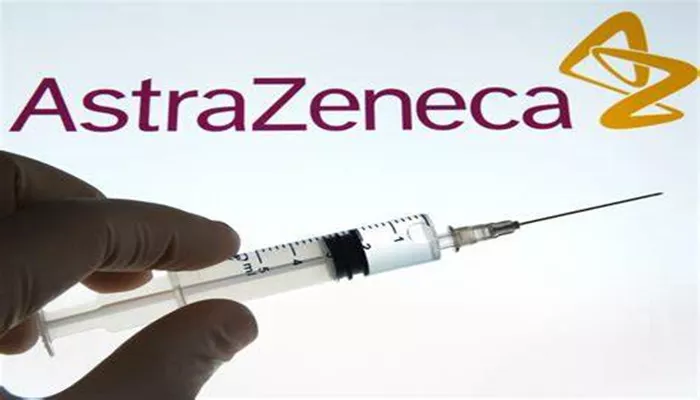AstraZeneca has announced a deal worth up to $1.9 billion to license a new cardiovascular medication from CSPC Pharmaceutical Group. The agreement includes an upfront payment of $100 million, with additional payments tied to development and commercialization milestones, potentially bringing the total cost to $1.92 billion.
This exclusive licensing agreement means that no other pharmaceutical companies will have the rights to develop, market, or sell this medication.
The drug, named YS2302018, is an oral lipoprotein (a) disruptor that may also assist patients with dyslipidemia. Initial data indicates that it can prevent the formation of lipoprotein (a), thereby lowering the risk of coronary artery disease, stroke, and other cardiovascular conditions.
“This asset is a significant addition to our cardiovascular pipeline and could help patients manage dyslipidemia and related cardiometabolic diseases more effectively,” said Sharon Barr, executive vice president and head of biopharmaceuticals research and development at AstraZeneca. “Given the scale of unmet need—cardiovascular disease is a leading cause of death globally—advancing novel therapies that address known risk factors is crucial to our strategy.”
Dongchen Cai, chairman of CSPC Pharmaceutical Group, expressed optimism about the partnership. “Through this agreement with AstraZeneca and their global capabilities in clinical development and commercialization, we look forward to accelerating the development of YS2302018 for the millions of patients worldwide living with these diseases,” he said.
AstraZeneca has prioritized enhancing its cardiovascular portfolio. The company is also developing another potential treatment for dyslipidemia, AZD0780, with hopes of offering both YS2302018 and AZD0780 as options for patients at significant cardiac risk.
This investment positions AstraZeneca alongside other pharmaceutical companies exploring treatments targeting lipoprotein (a). The Centers for Disease Control and Prevention (CDC) notes that high levels of lipoprotein (a) are linked to increased risks of heart attack and stroke.
Currently, treatment options for high lipoprotein (a) levels are limited. The CDC recognizes apheresis as the only FDA-approved intervention for this condition. Lifestyle changes can help manage LDL cholesterol levels but do not directly lower lipoprotein (a).
With this licensing deal, AstraZeneca aims to contribute significantly to the fight against cardiovascular diseases, which account for approximately 17.9 million deaths annually worldwide.
Related topics:


